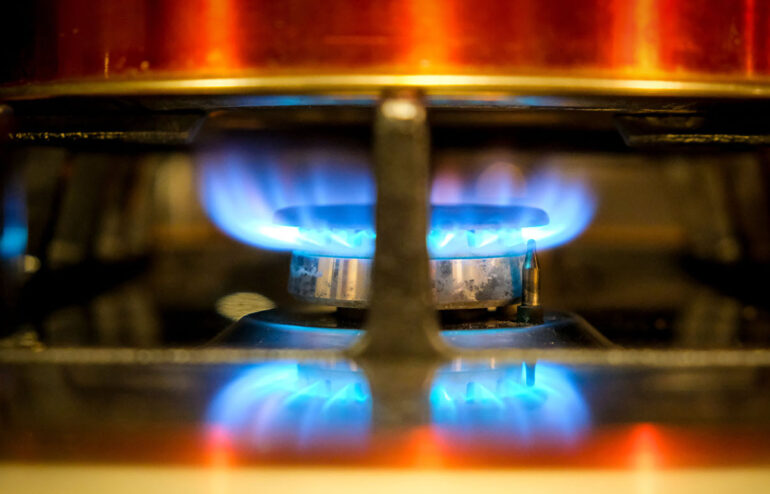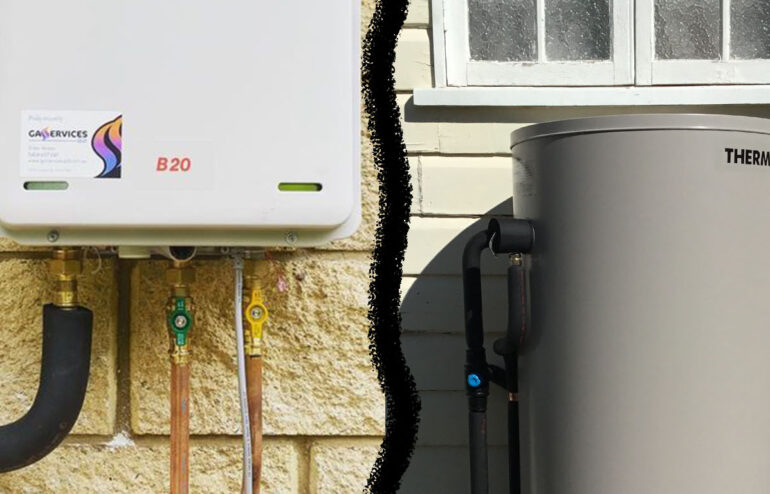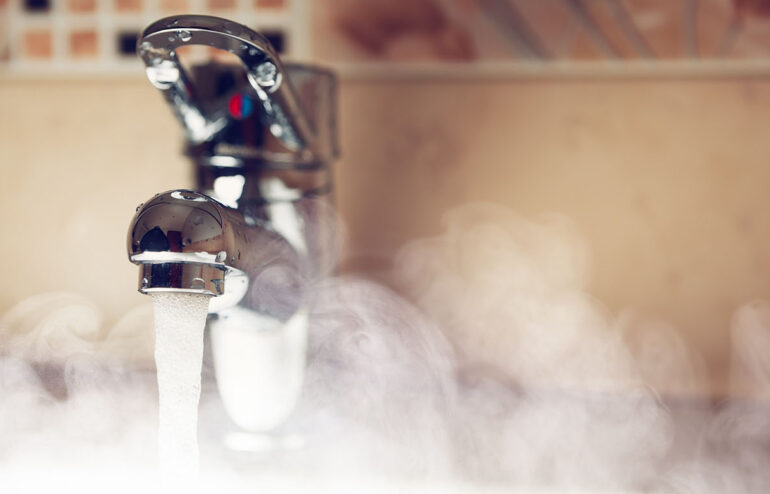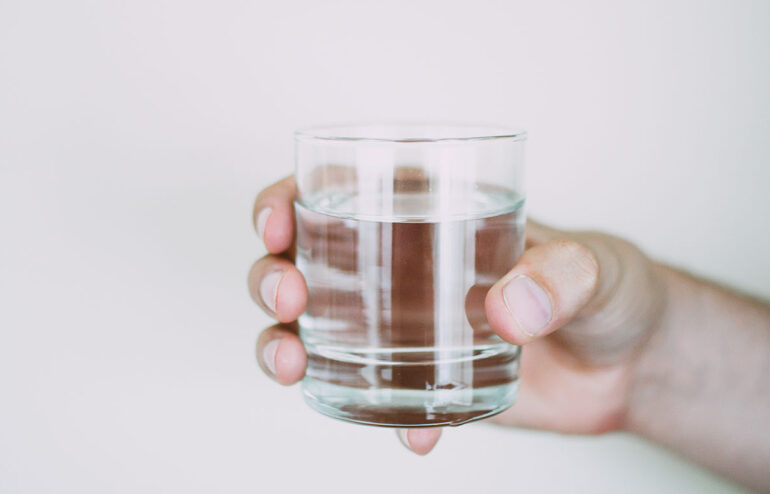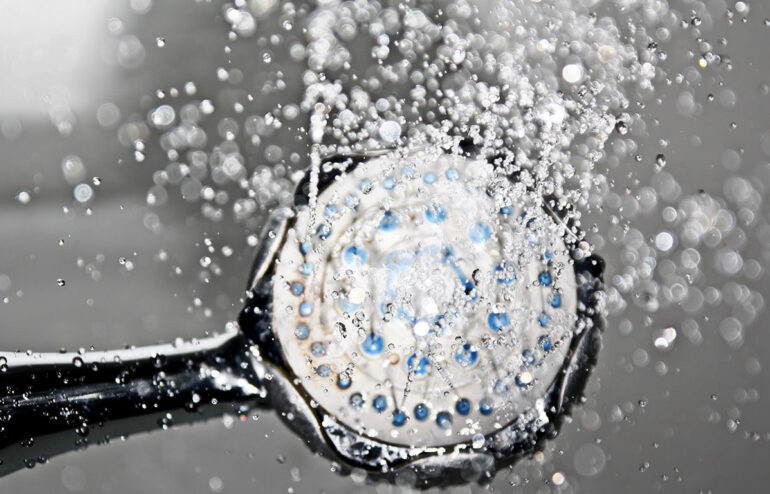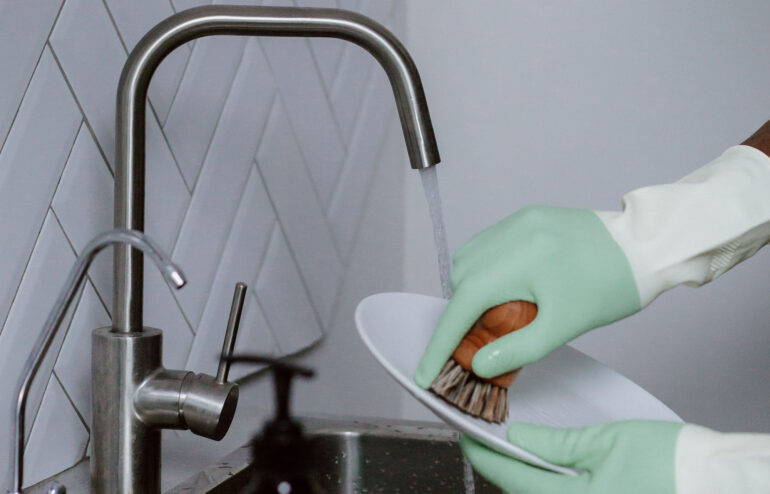Are you considering making the switch to gas appliances in your Noosa home? As the charm of Noosa living beckons, finding the right gas appliances can enhance your lifestyle while offering numerous benefits. From cooking to heating, gas appliances are versatile, efficient, and can seamlessly integrate with the laid-back Noosa way of life.
The Noosa Lifestyle and Gas Appliances
Noosa is renowned for its relaxed coastal atmosphere and picturesque surroundings. Embracing a lifestyle that values simplicity and efficiency, many residents are turning to gas appliances as a key element of their homes. From energy-efficient cooking solutions to cozy gas heating, these appliances align perfectly with the easygoing Noosa lifestyle.
Energy Efficiency and Cost Savings
One of the primary reasons Noosa residents opt for gas appliances is their energy efficiency. Gas stovetops, ovens, and heaters often outperform their electric counterparts while being more cost-effective in the long run. If you appreciate sustainable living and want to reduce your environmental footprint, gas appliances are a fitting choice.
Cooking with Precision
For those who love spending time in the kitchen, a gas stove provides instant heat control and precise temperature adjustments. Whether you’re preparing a gourmet meal for friends or a quick family dinner, the responsiveness of gas appliances can elevate your cooking experience.
Cozy Evenings with Gas Heating
As the temperatures occasionally dip in Noosa, a gas heater can transform your living space into a warm and inviting haven. Enjoy the coziness of a gas fireplace or the efficient warmth of a gas heater, creating a comfortable ambiance during the cooler months without compromising on style.
Choosing the Right Appliances for Your Home
When considering the switch to gas appliances, it’s crucial to choose the right ones for your specific needs and preferences. Consult with our gas fitting team in Noosa to assess your home’s requirements and determine the best appliances that seamlessly integrate into your lifestyle.
Elevate your Noosa lifestyle by choosing the right gas appliances for your home. From the efficiency of gas cooking to the warmth of gas heating, these appliances offer a myriad of benefits that align perfectly with the laid-back, coastal living of Noosa. Make the switch today and experience the convenience and comfort that gas appliances bring to your home.
Contact the Gas Services Qld team today to discuss all the options that may be available to you.



